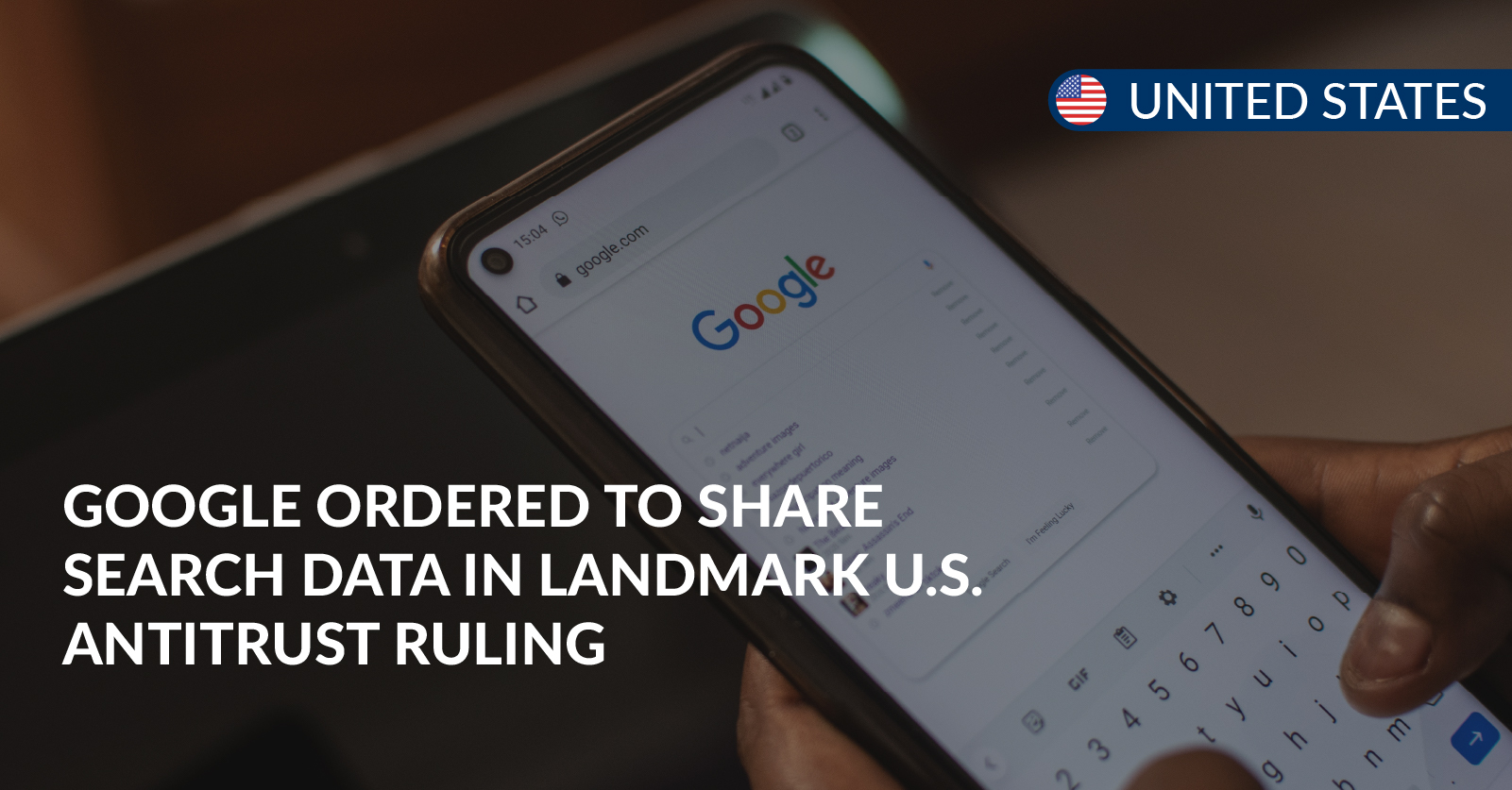A federal judge in Washington, D.C., issued a key decision in the antitrust case against Google. The court reaffirmed that the company illegally maintains a monopoly in the online search market but stopped short of forcing it to sell major assets such as the Chrome browser or the Android operating system.
Instead of a business breakup, the ruling requires Google to share specific search data with competitors and prohibits exclusive deals that restrict competition.
The decision creates new opportunities for rivals like Microsoft’s Bing and smaller AI-driven search engines, which will now gain access to Google’s search index to improve their services and reach more users.
While some view this as a step toward more openness in the digital market, critics warn the penalties remain modest compared to Google’s enduring market power.








